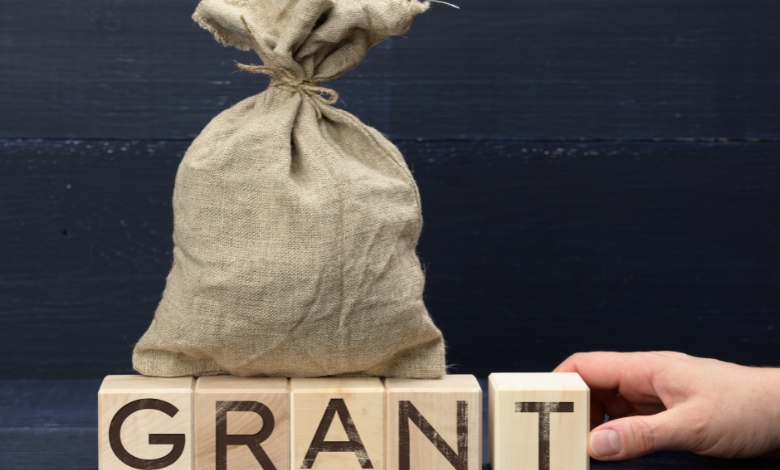Discover how VA benefits are impacted during a government shutdown, including payouts, healthcare, and essential services.
A government shutdown occurs when Congress fails to pass funding legislation, effectively halting all non-essential federal operations. While certain functions continue, many agencies experience furloughs, delays, or outright closures. For veterans relying on VA benefits, the mere prospect of a shutdown can raise questions and concerns.
How does a shutdown impact VA benefits? Can you still expect to receive your monthly payouts or access healthcare services? Let’s explore these pressing questions to understand the scope of the situation.
Article Breakdown
The Structure of VA Benefits and Funding
A Quick Overview of VA Benefits
VA benefits cover a broad spectrum, including disability compensation, pensions, education assistance, healthcare services, and home or small business loans. Each of these is funded and administered differently, influencing how they might be affected by a government shutdown.
Mandatory vs. Discretionary Spending
The funding for VA benefits is split into two categories:
- Mandatory Spending: This includes benefits like disability compensation and pensions, which are automatically funded and not dependent on annual appropriations.
- Discretionary Spending: Services like VA healthcare facilities and administrative operations fall under this category, requiring annual funding from Congress.
This distinction plays a pivotal role during a shutdown.
What Happens to VA Benefits During a Government Shutdown?
Disability Compensation and Pensions
Good news for veterans relying on disability compensation and pensions: these are classified under mandatory spending. Even during a government shutdown, these payments continue without interruption.
Example: A veteran receiving monthly disability benefits doesn’t need to worry about delays or disruptions, as these funds are pre-approved by law.
VA Healthcare Services
VA hospitals and clinics typically remain operational during a government shutdown. However, certain non-essential services or elective procedures may face delays due to staffing shortages.
- Emergency care and critical services are prioritized.
- Routine check-ups or less urgent appointments may be rescheduled.
Educational Assistance and GI Bill Benefits
Funding for programs like the Post-9/11 GI Bill can be at risk, depending on the duration of the shutdown. Veterans enrolled in educational programs should monitor announcements closely and communicate with their school’s veteran affairs office.
Impact on VA Loan Processing
VA loans, which help veterans buy homes, could see delays as administrative staff may be furloughed. While lenders can still process loans, some certification steps might take longer than usual.
Real-Life Challenges Faced by Veterans
Delayed Claims Processing
During previous shutdowns, veterans filing new claims or appeals experienced significant delays due to reduced staffing levels. This can be particularly frustrating for those awaiting critical disability ratings or benefits decisions.
Example: Imagine filing a disability claim and expecting an update within weeks, only to face months-long delays because the required staff isn’t available.
Access to Support Services
Shutdowns often lead to temporary closures of VA call centers or outreach programs, making it harder for veterans to access information or assistance.
Financial Uncertainty
While primary benefits like disability compensation remain unaffected, veterans relying on education stipends or specific grants may face uncertainty during a prolonged shutdown.
How to Prepare for a Government Shutdown
Stay Informed
Regularly check updates from:
- The Department of Veterans Affairs: Their website and social media channels provide timely updates on operational changes.
- Veterans Service Organizations (VSOs): Groups like the American Legion or VFW often advocate for veterans and share critical information during shutdowns.
Plan Finances Proactively
If you rely on VA educational benefits or grants, consider setting aside funds to cover potential delays. Having an emergency savings buffer can help you navigate uncertain periods.
Utilize Available Resources
Many VSOs and community organizations step in to support veterans during government shutdowns. From financial assistance programs to food banks, these resources can bridge gaps when benefits are delayed.
Addressing Common Myths About VA Benefits and Shutdowns
Myth 1: All VA Operations Halt During a Shutdown
Reality: Core VA services, like healthcare and disability payouts, continue. It’s primarily non-essential administrative functions that face disruptions.
Myth 2: Veterans Can’t Access Emergency Healthcare
Reality: Emergency services at VA facilities are always operational, even during a shutdown.
Myth 3: Shutdowns Always Affect VA Benefits Equally
Reality: The impact varies depending on the type of benefit and the length of the shutdown.
Historical Context: Lessons from Past Shutdowns
The 2013 Shutdown
During the 16-day shutdown in 2013, VA hospitals remained open, but claim processing slowed significantly. Veterans experienced delays in appeals and non-urgent services.
The 2018-2019 Shutdown
This 35-day shutdown highlighted the resilience of mandatory-funded VA programs but exposed vulnerabilities in discretionary services. New GI Bill applications were among those impacted.
How Congress Can Mitigate Shutdown Risks
Advance Appropriations for VA Funding
Some advocates suggest allocating funds for VA operations in advance, reducing the agency’s dependency on annual appropriations. This would ensure uninterrupted services, even during prolonged shutdowns.
Strengthening Communication Channels
Improving communication between the VA and veterans during shutdowns can minimize confusion and provide clarity on available resources.
Key Takings
- Disability compensation and pensions are not affected by a government shutdown, as they fall under mandatory spending.
- VA healthcare facilities remain operational, but non-essential services may face delays.
- Programs like the GI Bill can experience interruptions, particularly during extended shutdowns.
- Veterans should proactively monitor updates and plan finances to mitigate potential disruptions.
- Access to emergency services and critical healthcare is always prioritized, ensuring no veteran is left unsupported.



